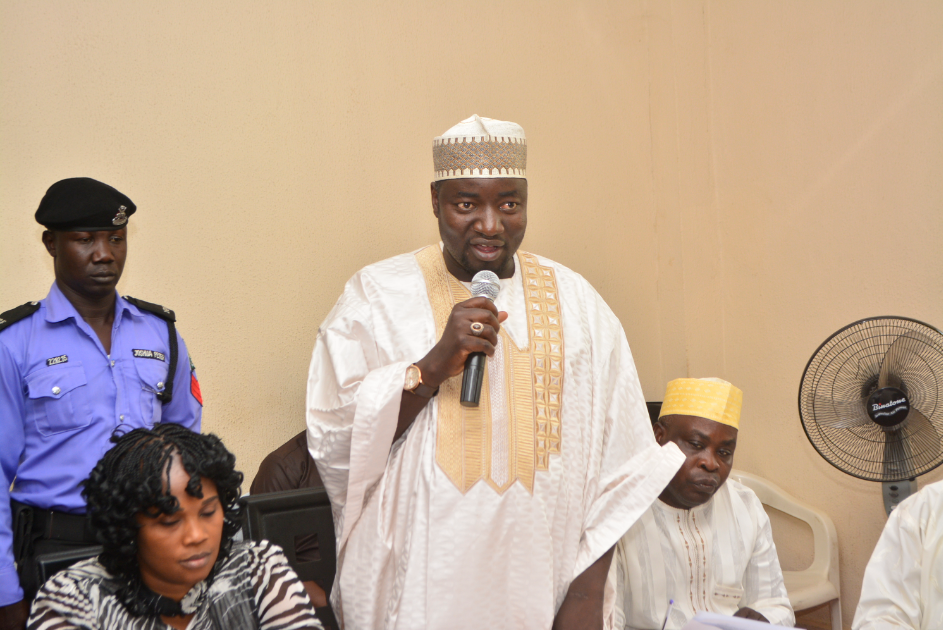Funding partners
OXFAM GB
Collaborating Organizations
Legislative Advocacy Coalition on Violence Against Women (LACVAW)
Supported by OXFAM GB (November, 2015 – March, 2017)
BACKGROUND
Despite efforts of organisations working on gender equality, economic growth, and a deepening of democracy across the African continent over the last decade, discrimination against women persists and millions of women and girls continue to have their fundamental freedoms and human rights denied or systematically violated.
The project is managed by Oxfam and the 44 member strong Solidarity for African Women’s Rights Coalition (SOAWR) which has been the advocacy platform for ratification and implementation of the Protocol to the African Charter on Human and Peoples’ Rights on the Rights of Women in Africa (The African Women’s Protocol). Haki Mkononi is a legal empowerment programme focused on working at a regional level with the African Union, its organs, Regional Economic Communities (RECs) and women’s rights organisations in 6 priority countries. It is aimed at ensuring that continental norms and standards translate to concrete gains for women and girls at the national levels through the domestication of the African Women’s Protocol and or passage of integral laws, their implementation and enforcement.
Although the Protocol covers many other aspects of women’s rights, the Haki Mkononi project focuses on three major rights (i) the right to land (ii) the right to free and consensual marriage and (iii) sexual and reproductive rights. Contextually, the proposed intervention areas are those where gender discrimination and women’s rights violations are particularly evident. The pervasive culture of discrimination in these three areas have grave consequences that limit women’s productivity and enjoyment of full reproductive rights while also limiting their ability to lift themselves out of poverty.
By building on the commitments that States have made at the regional level the Haki Mkononi programme aims to push for the full utilisation of the African Women’s Protocol as a driver for change at the national level through a multi-layered approach to ensure African women and girls access their rights and justice. Oxfam and SOAWR are ideally placed to implement this multi-layered approach, being able to work at both country level (to build demand and capacity for domestication of the African Women’s Protocol) and with regional institutions to drive parallel and complimentary processes to support the enforcement, monitoring and domestication efforts across the continent. This integrated approach will ensure that consistent messages are coming from both top down and bottom up about the need to realise the targeted rights in the African Women’s Protocol, as well as create an enabling regional legislative and policy environment that encourages and supports member states to be able to fulfil these rights at country level.
OUTCOMES / IMPACT OF THE PROJECT
- 43 women’s rights organisations have improved capacity to use the African Women’s Protocol to address women’s rights violations through regional mechanisms
- Regional institutions (the African Union and its organs, RECs) call on state parties to adhere to obligations under the African Women’s Protocol
- The Protocol and other regional declarations on women’s rights are increasingly applied by national governments and national justice mechanisms
- Implementation of the Model law in Plateau and Kaduna
- Training conducted for 20 Participants from Plateau and Kaduna on effective advocacy and lobbying for passage of the GEO and VAPP Bills in 2 States Houses of Assembly
3 focus group discussions conducted on child marriage, SRHRs and gender based violence with household heads, community leaders and leaders of faith and culture in 1 community each in (Plateau and Kaduna).


